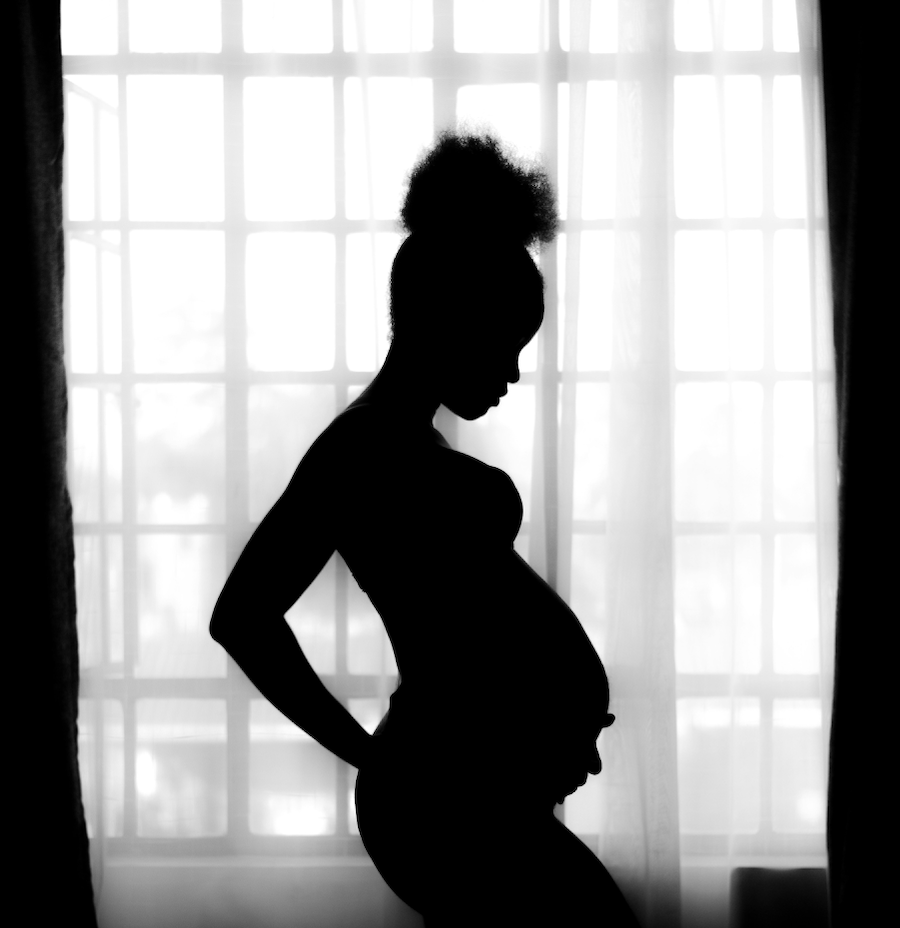
In a large study conducted in South Africa, Uganda, and Zimbabwe both a vaginal ring containing the antiretroviral drug dapivirine (DVR) and daily oral pre-exposure prophylaxis (PrEP) with tenofovir disoproxil fumarate and emtricitabine (Truvada) were each found to be safe for HIV prevention among cisgender women who started using 1 of them in their second trimester of pregnancy.1
Data from a phase 3b study, known as DELIVER, was designed to evaluate the safety and acceptability of the ring, as well as to collect additional safety data on the use of tenofovir disoproxil fumarate and emtricitabine during pregnancy. It was also designed to be conducted in stepwise fashion, enrolling 1 group at a time, beginning with women late in pregnancy, when the potential risks from drug exposure are lowest, and only proceeding to the next group if an independent review of study data deems it is safe to do so.2
The results of the study were reported at this week’s ongoing Conference on Retroviruses and Opportunistic Infections (CROI) in Denver, CO.
According to the investigators, study participants were 18-40 years of age and randomized to receive either the ring or oral PrEP until delivery or 41 weeks and six days, whichever came first. Of 251 pregnancies, 1% experienced stillbirth or miscarriage, 95% of deliveries were at term and 4% were preterm.1
Four percent of live births had congenital anomalies, none of which were related to study products. These trends and other pregnancy complications occurred at a similar frequency to a reference dataset of more than 10,000 deliveries at the same hospitals and no study participants acquired HIV.1
The ring is made of flexible silicone, and continuously releases dapivirine. It is replaced monthly by the user. It is approved in several African countries and recommended by the World Health Organization for HIV prevention.1
The safety of oral PrEP with tenofovir disoproxil fumarate and emtricitabine has been well established among pregnant cisgender women with HIV taking them as part of a treatment regimen. Several country regulatory agencies have requested data on oral PrEP use during pregnancy for prevention to complement that evidence.
A woman’s risk of acquiring HIV during pregnancy is estimated to be up to 3 times higher compared to other periods in her life, and following pregnancy, when many women are breastfeeding, the risk is even greater.2
“Adverse pregnancy outcomes related to DVR and TDF/FTC use were uncommon in the second trimester of pregnancy, with rates similar to the communities where the study was conducted. These data, combined with the data from cohorts 1 and 2 and the safety data from women who used the DVR at the time of conception, support using DVR and TDF/FTC as HIV prevention,” the investigators wrote.3
References
1.Vaginal ring and oral pre-exposure prophylaxis found safe for HIV prevention throughout pregnancy. National Institutes of Health press statement. March 5, 2024. Accessed March 6, 2024.
https://www.nih.gov/news-events/news-releases/vaginal-ring-oral-pre-exposure-prophylaxis-found-safe-hiv-prevention-throughout-pregnancy
2. Parkinson J. No Safety Concerns With Dapivirine Ring in Third Trimester of Pregnancy. ContagionLive. February 21, 2023. Accessed March 6, 2024.
https://www.contagionlive.com/view/no-safety-concerns-with-dapivirine-vaginal-ring-in-third-trimester-of-pregnancy
3. Mhlanga F, Bunge K, Fairlie L, et al. Safety of Dapivirine Vaginal Ring and Oral PrEP for HIV Prevention in the Second Trimester. Poster #168 presented at CROI 2024. March 3-6, 2023. Denver, CO.








